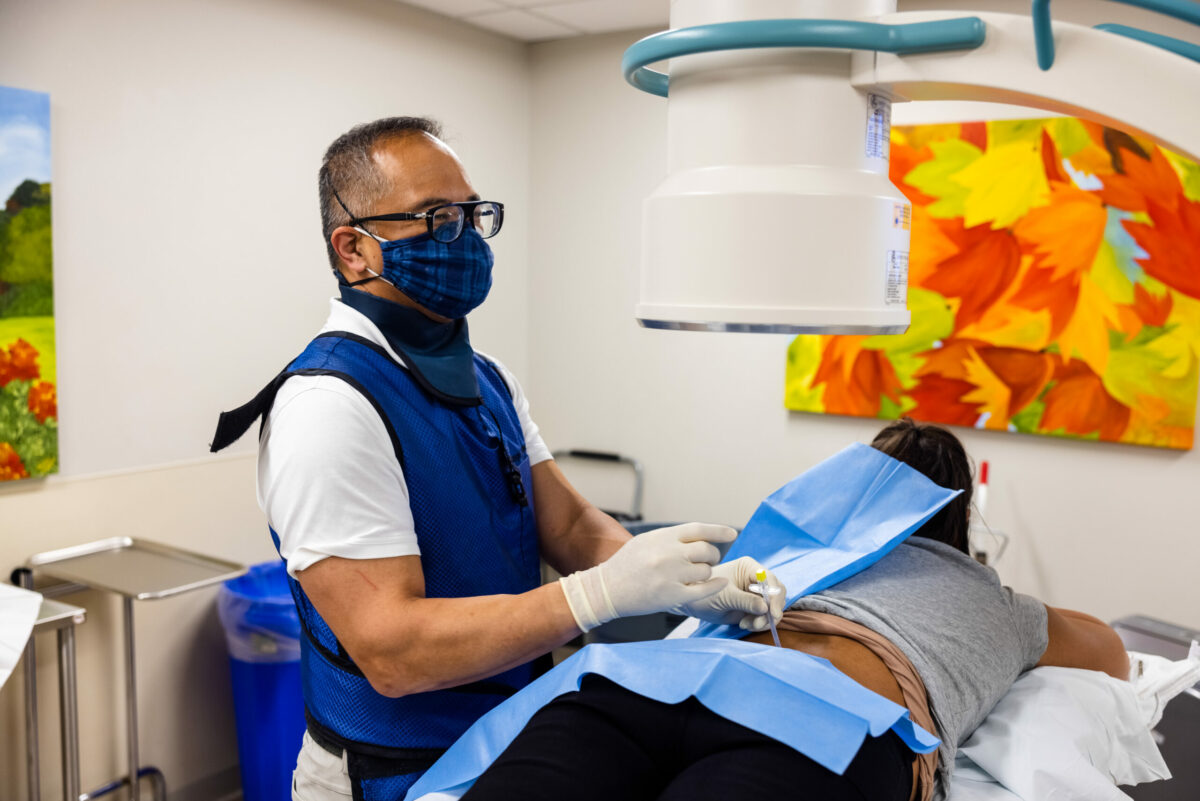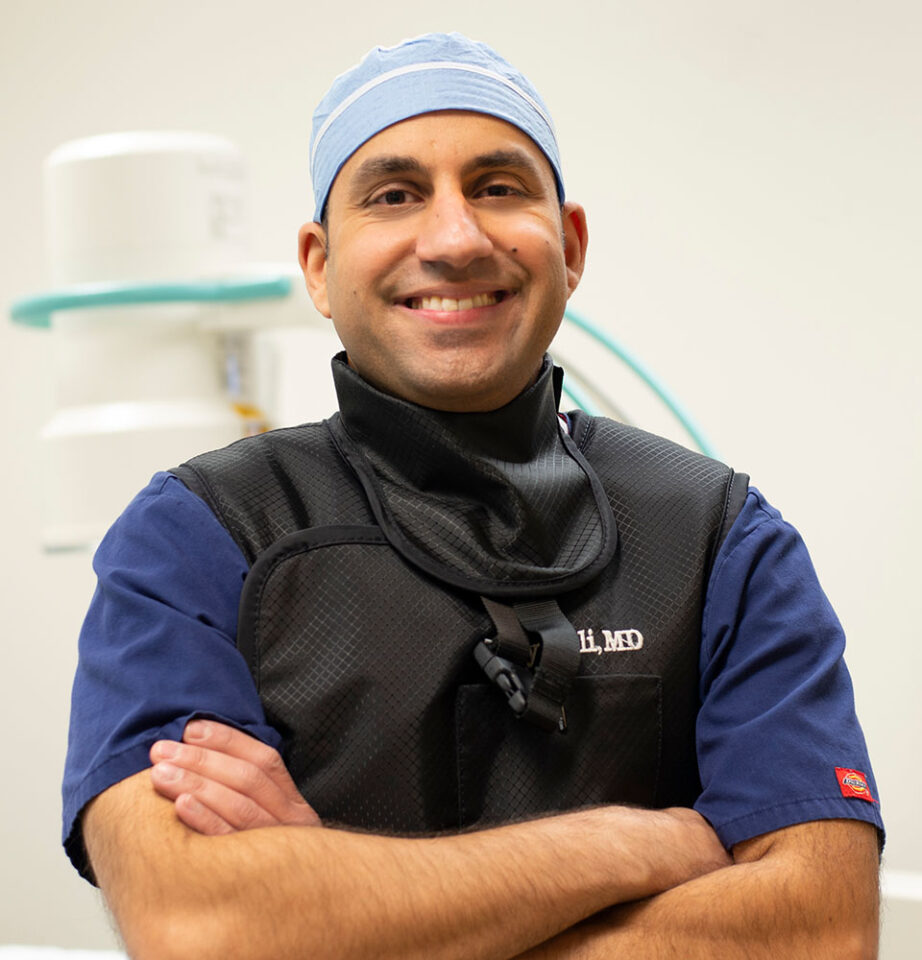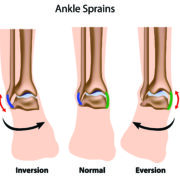
According to a recent report by the Centers for Disease Control and Prevention (CDC), over 61 million adults in the United States are affected by a disability. A physical or cognitive impairment can affect a person’s ability to carry out everyday activities, which can profoundly impact their quality of life and ability to participate in the workforce. Given the prevalence of disabilities, it is clear that there is a need for medical specialties that address physical impairments and disabilities. This is where physiatry, or physical medicine and rehabilitation (PM&R), comes into play.
Whether you or a loved one is dealing with a physical impairment or disability, it is essential to understand what physiatry is and how it can help improve your quality of life.
What Is Physiatry and Physical Medicine and Rehabilitation?
Physiatry: What Is a Physiatrist?
Physiatry is a specialty that focuses on the prevention, diagnosis, treatment, and management of physical impairments, disabilities, and functional limitations. It utilizes a multidisciplinary approach involving specialists, including physiatrists, physical therapists, occupational therapists, speech therapists, and social workers.
A physiatrist focuses on diagnosing and treating injuries or illnesses that affect a person’s ability to function normally, using nonsurgical techniques such as therapy and medication.

Physical Medicine and Rehabilitation
Physical medicine and rehabilitation is a discipline that goes beyond treating a single condition and instead focuses on improving the patient’s overall function and quality of life. PM&R doctors aim to help individuals overcome physical disabilities and achieve their maximum potential through a combination of personalized treatments and therapies.
Working Together
One of the key components of physiatry and physical medicine and rehabilitation is the assessment of a patient’s physical, psychological, and social needs. The approach is patient-centered and focuses on creating an individualized care plan for each patient based on their unique needs and goals.
Physiatrists specializing in PM&R typically work with patients who have neurological or musculoskeletal impairments.
Scope of Practice
Physiatrists can be consulted for medical conditions that limit or interfere with the patient’s ability to function, work, and lead a normal life. Some common conditions treated by physiatrists include:
- Spinal cord injuries
- Traumatic brain injuries
- Stroke
- Arthritis
- Chronic pain
- Sports injuries
- Musculoskeletal disorders
- Amputations
- Multiple sclerosis
- Cerebral palsy
- Joint Pain
- Herniated Disc
- Chronic Lower Back Pain
- Chronic Neck Pain
Treatments Available
Physiatrists use a variety of nonsurgical treatments to help manage the conditions mentioned above. Some common treatments include:
- Physical therapy: This form of rehabilitation involves exercises and other modalities to help patients improve their muscle strength, flexibility, and mobility.
- Occupational therapy: This therapy is aimed at helping patients recover or maintain activities of daily living, such as eating, dressing, and bathing.
- Medications: Physiatrists may recommend medications to help alleviate pain and manage underlying conditions.
- Injections: Injections, such as corticosteroids, can be used to help manage pain and inflammation.
- Assistive devices: Devices such as braces, canes, and wheelchairs can be prescribed to help patients ambulate and move around.
- Spinal Cord Stimulation: A device that is implanted within the body known as a spinal cord stimulator uses low levels of electrical signals to alleviate pain by transmitting them directly to the spinal cord
Emerge Stronger, Healthier, Better
Physiatrists play a crucial role in helping patients with physical impairments and disabilities regain their functionality, independence, and quality of life. Through a combination of nonsurgical treatments, physiatrists use their expertise to help patients recover from various conditions and injuries. Should you need rehabilitation for any physical condition, do not hesitate to consult a physiatrist for expert assistance and personalized care.
The EmergeOrtho—Triangle Region specialists will help you regain control of your life. We encourage you to schedule an appointment. Or, call us anytime at (919) 220-5255.







